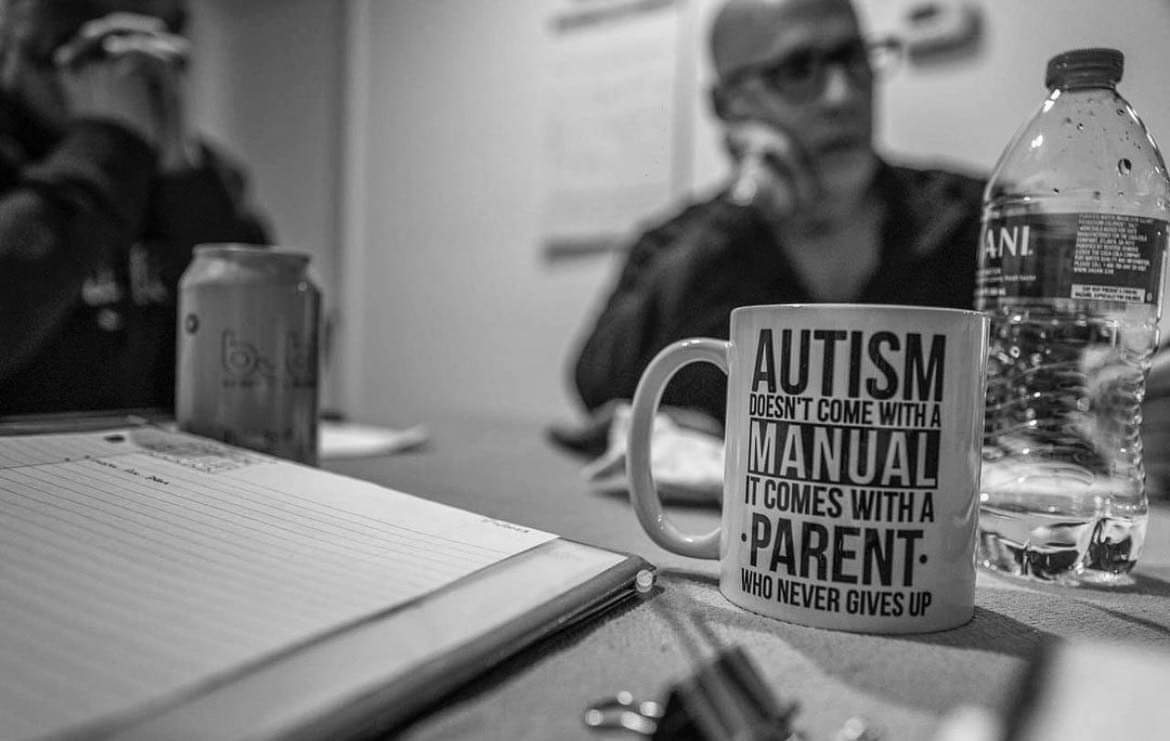All loving parents imagine a bright future for their children, but parents of children with disabilities often fear what will happen to their adult child after they’re gone. That was the case for Barb and Andrew Baxter as they considered adult life for their now-24-year-old son Pete. Their solution: what they’re calling the Raymond Avenue Project, a path to independence that the Baxters once thought might be out of reach for Pete.
“I think a lot of people look at kids like Pete and don’t realize that they’re very much a normal 16, 17, 18 year old child who wants the same things as their siblings, but they don’t have the ability to truly communicate that in a way that people understand that they truly do want those things,” Barb Baxter said on Charlottesville Right Now. “He wants friends like his sister has, and he wants to be out and about with and within the community and not living at home.”
The process of moving Pete into a house and securing the type of supervision and support he needs has been documented by photojournalist Justin Ide, who wrote and shot a photo essay and story published this month by the Virginia Center for Investigative Journalism.
“It’s really opened my eyes to the larger question or the larger problem here: what happens to these kids after they’re no longer kids, when they’re adults, when they get older and then their parents end up moving on, too,” Ide said.
The Baxters say Pete was born prematurely but hit expected developmental milestones for the first few years of his life.
“Between two-and-a-half and three, he lost all speech and began exhibiting what we now understand were some early signs of autism,” says Andrew Baxter, former Charlottesville fire chief.
Throughout Pete’s childhood, the Baxters received support from Albemarle Public Schools, the Virginia Institute of Autism and other organizations, but much of that support stops at adulthood.
“Early on we kind of talked about, ‘What are we going to do in the future,’” Barb says. The Baxters were also concerned that their daughter Kate, 15 months older than Pete, not feel pressured to take on full-time care of her brother. When they dropped her off at UVA, Pete expressed his own wish for independence.
“Thinking back on it, that was really the first time we thought he has expressed a desire to do something,” says Andrew Baxter. The concept for the Raymond Avenue Project was born. The first step was helping Pete find a job. He was hired by Snow’s Garden Center, where he continues to work.
Next, the Baxters found a house to rent and located several people including UVA students who would live with Pete to provide supervision in exchange for free rent. They receive some funding assistance from the state but say much of the project is self-funded and is like running a business.
“As I’ve said before, if Pete were Kate’s neurotypical brother, we would’ve been writing tuition checks for his college experience too. So right now, it’s working, and we wanted to sort of prove the model would work for him and then we’ll see about how we can keep it sustained over the long term.”
Click here for the full interview on Charlottesville Right Now with Andrew and Barb Baxter and photojournalist Justin Ide.



